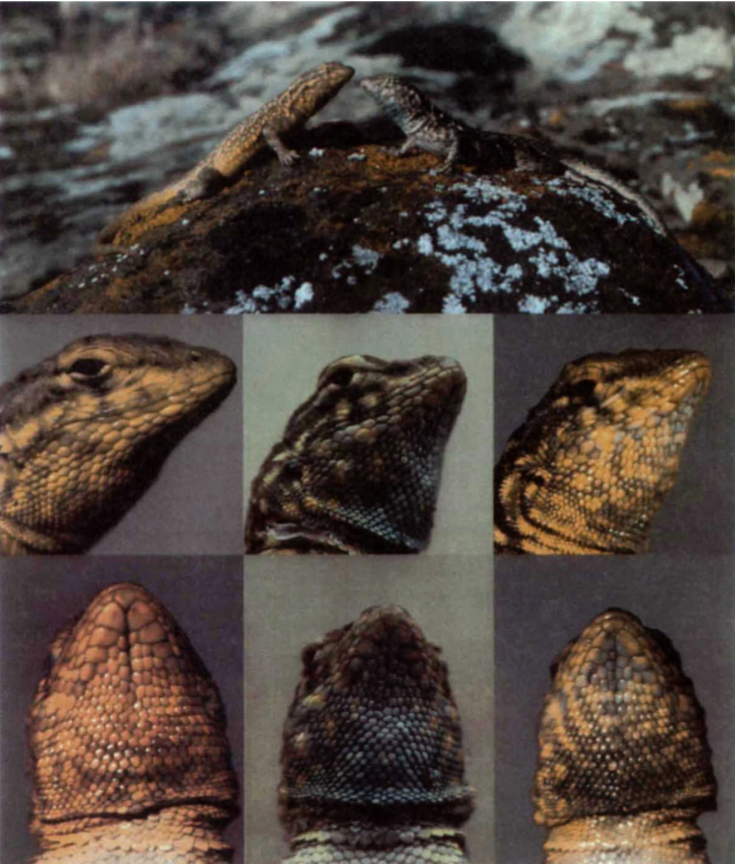Click here and press the right key for the next slide (or swipe left)
also ...
Press the left key to go backwards (or swipe right)
Press n to toggle whether notes are shown (or add '?notes' to the url before the #)
Press m or double tap to slide thumbnails (menu)
Press ? at any time to show the keyboard shortcuts
Descision Theory Is Agnostic about Processes
You might have been interpreting decision theory as an account of how people figure out what to do ...
... but decision theory is agnostic about processes.
On explanation: ‘Many events and outcomes prompt us to ask: Why did that happen? [...] For example, cutthroat competition in business is the result of the rivals being trapped in a prisoners’ dilemma’
Dixit et al, 2014 p. 36
Games with the Prisoner’s Dilemma structure arise in:
bower birds (maraud/guard nests)
business organisations (product pricing)
countries (international environmental policy)
individual adult humans (suspects under arrest)
Dixit et al, 2014 chapter 10
1. Applications range from microbial populations to countries.
2. The explanations are of the same type in every case.
3. The underlying processes probably differ.
4. Therefore, game theory is agnostic about processes.

Decision theory is agnostic about processes.
Compare explanation of patterns of behaviour in:
male side-blotched lizard morphology
vs
children playing rock-paper-scissors.
But psychological sciences are not agnostic about processes ...